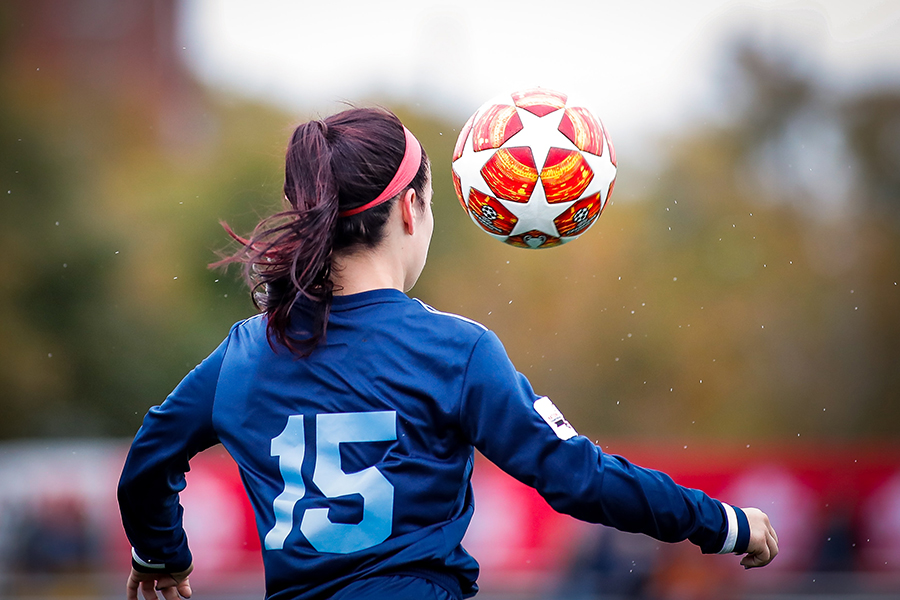Gone are the days of players being paid just to play. Football players are marketable brands which can generate significant revenue. David Beckham and his comprehensive brand is a prime example; and Paul Pogba’s 37 million Instagram followers was reportedly a factor in bringing him to Manchester United. Clubs now look to monetise every part of their player, especially their image. Image rights can include a players’ likeness, name, photo, and signature.
In Dybala’s case, reports suggest that a company, Star Image, had paid to acquire these rights from Dybala, requiring him to do certain promotional work, such as brand deals for Samsung, Gatorade, FIFA, and Adidas.
It is important for clubs to have some control over their players’ image rights – if only to comply with existing commercial arrangements the clubs may have with sponsors. For example, Spurs are sponsored by Audi, and Audi would not want individual Spurs players to endorse, say, BMW. Audi may well have such restrictions outlined in their sponsorship deal with Spurs, demonstrating the necessity for clubs to have some control over what they players do and do not endorse.
In this case, as Dybala has already sold his rights to Star Image, Tottenham would have had to come to an agreement with Star Image one way or another. This would likely restrict Star Image’s from finding the best possible lucrative endorsements in the future, meaning additional compensation may have been sought. It may be the case that in this instance, Star Image valued Dybala’s rights much higher than the club, and may have been asking for large amounts.
With player’s image rights becoming more valuable, commercial issues surrounding them are becoming more frequent. We recently saw Neymar fighting for his image rights in Spain (read here) as players and clubs seek increasingly to protect their intellectual property.



